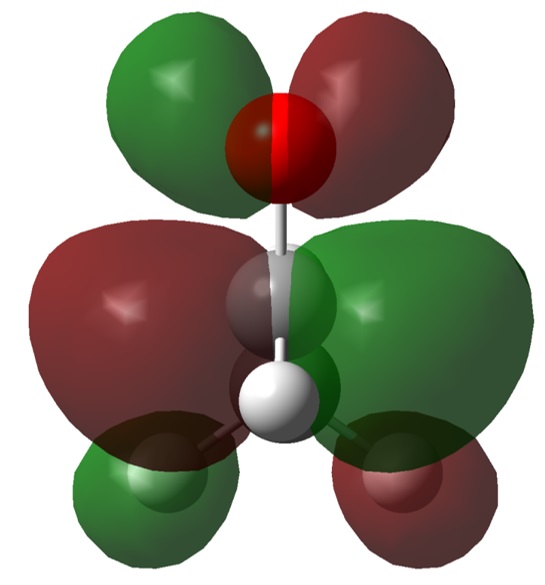Teaching
Jean-Christophe teaches both fundamentals and more advanced concepts in organic chemistry from the Bachelor to the Master level within the Chemistry curriculum at the Department of Chemistry.
Organic Chemistry I CHIM9265-1 (first year)
• Chapter I: Organic Chemistry: some history and current status
• Chapter II: Structure and bonding
• Chapter III: Nomenclature
• Chapter IV: Stereochemistry
• Chapter V: Fundamentals of reactivity
• Chapter VI: Alkanes et cycloalkanes
• Chapter VII: Alkenes et alkynes
• Chapter VIII: Introduction to thermal cycloadditions
• Chapter IX: Aromatic compounds
• Chapter X: Nucleophilic substitution and elimination reactions
• Chapter XI: Carbonylated derivatives
• Chapter XII: Revisions
Organic Chemistry II CHIM9283 (second year)
Part 1
• Chapter I: Recap on the fundamental concepts
• Chapter II: The organic chemistry of nitrogen-containing compounds
• Chapter III: Organophosphorus derivatives
• Chapter IV: Sulfur and Selenium derivatives
• Chapter V: Organosilanes
Part 2
• Chapter I: Carbanions
• Chapter II: Carbocations
• Chapter III: Radicals
• Chapter IV: Introduction to carbenes and carbenoids
• Chapter V: Revisions
Advanced Organic Chemistry CHIM704 (fourth year)
Introduction to Continuous Flow Organic Synthesis CHIM9265-1 (fourth/fifth year, optional)
• Lecture 1: Definitions and Concepts
• Lecture 2: Chemical Engineering Principles for Continuous Flow Synthesis
• Lecture 3: Continuous Flow Organic Synthesis
• Lecture 4: Miscellaneous Applications
• Lecture 5: Downstream Operation and In-Line Analysis
• Lecture 6: Industrial Applications of Continuous Flow Organic Chemistry
Physical Organic Chemistry CHIM0707-1 (fourth/fifth year, optional)
• Lecture 1: Thermodynamic and Kinetic Requirements – Summary of Mechanistic Principles
• Lecture 2: Linear Free Energy Relationships
• Lecture 3: Stereochemistry
• Lecture 4: The computation of Relevant Molecular Properties for the Organic chemist
• Lecture 5: The computation of Reaction Mechanisms and Selectivity







